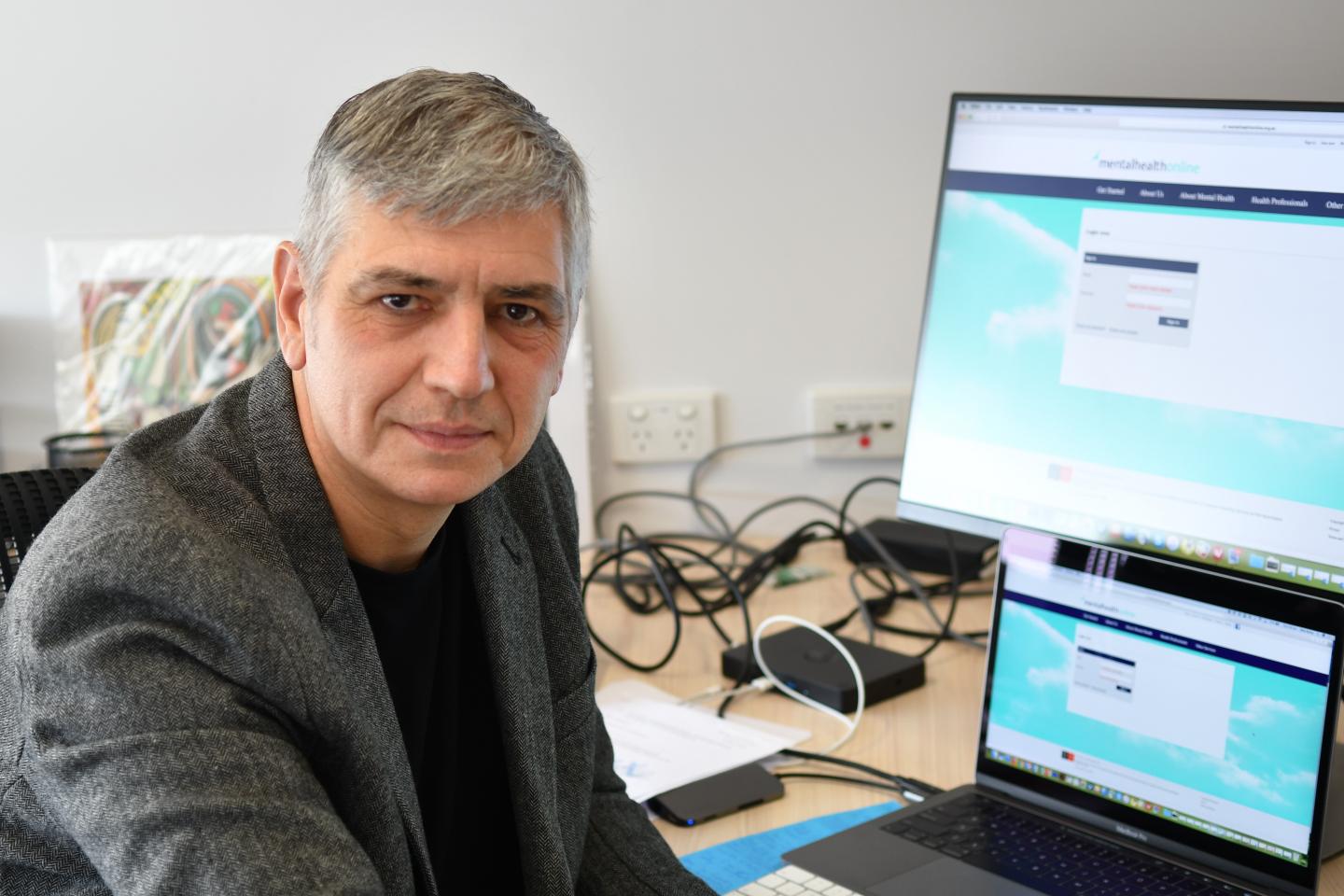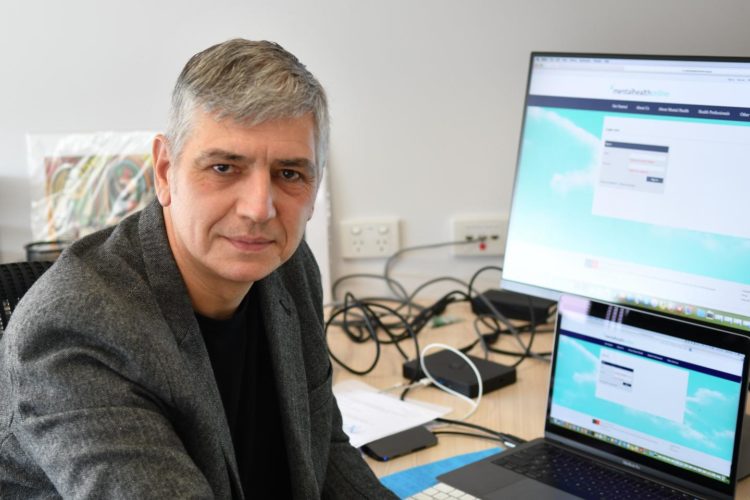‘First step’ in treating problematic shopping disorders

Credit: Flinders University
Excessive or uncontrolled buying or shopping is a highly prevalent, disabling and growing problem, yet measuring the extent and effects of this significant psychological problem and social issue remains problematic.
Buying-Shopping Disorder has not been formally accepted as a separate diagnosis, but a research team led by Flinders University’s Professor Mike Kyrios and Dr Dan Fassnacht has developed diagnostic criteria that can apply a measurable scale of excessive buying.
Professor Kyrios says this new measure, the Excessive Buying Rating Scale (EBRS), forms an essential first step in measuring the severity of Buying-Shopping Disorder with agreed diagnostic criteria.
“No measures exist to assess the severity of excessive buying or shopping that are based on proposed diagnostic criteria, and this limits ongoing research efforts,” says Professor Kyrios.
The new measure demonstrated good statistical properties and helped the research team to then examine the predictors of problematic buying/shopping severity.
Dr Dan Fassnacht, Lecturer in Psychology at Flinders University and co-investigator of the research, explains that having strong beliefs about the benefits of buying were significant predictors of excessive buying severity.
“Strong beliefs that buying an object will lead to emotional security or that not purchasing the object will lead to a loss of opportunity explains to some extent why people can’t control their urges to buy,” says Dr Fassnacht.
“We also found a small but significant effect of gender and age; females and younger people reported higher excessive buying severity.”
Professor Kyrios adds: “Buying appears to be a strategy that we use to compensate for deficiencies that we see in ourselves. Those who are more uncertain about their self worth are more likely to succumb to excessive buying or shopping and to develop relevant unhelpful beliefs.”
The research group considers the findings to have important implications for the development of treatments for excessive buying.
The paper detailing the EBRS results – ‘Predicting the severity of excessive buying using the Excessive Buying Rating Scale and Compulsive Buying Scale,’ by Michael Kyrios, Daniel Fassnacht, Kathina Ali, Bronte Maclean and Richard Moulding – has been published in the Journal of Obsessive-Compulsive and Related Disorders
The same research group, in collaboration with colleagues from the Hannover Medical School in Germany, has also conducted a survey of experts across the world to develop a consensus view of potential extended diagnostic criteria for a disorder of excessive or uncontrolled buying or shopping.
“We are still analysing the data, but these findings will help global clinical field trials, and finesse measures of severity and in ongoing research on the causes of this disabling disorder,” says Professor Kyrios.
###
Media Contact
Mike Kyrios
[email protected]
61-088-201-3157
Related Journal Article
http://dx.





